The window to exchange $HAI for Hacken Equity Shares ($HES) is now open > Claim your spot today
Smart
Contract
Audit
Mitigate weaknesses in your smart contract and improve its functionality with a double line-to-line code analysis and a separate review by a lead auditor.

- 1000+
- protected clients
- 180+
- ecosystem partners
- 60+
- top-class engineers
- 6+
- years of expertise
Most popular audits
| NAME | AUDIT SCORE | PLATFORM | PROJECT TYPE | |||
|---|---|---|---|---|---|---|
| $91,084,200,000 |
|
| ||||
| $8,170,610,000 |
|
| ||||
| $1,445,110,000 |
|
| ||||
| $767,254,000 |
|
| ||||
| $463,294,000 |
|
|
Mitigate risks and build trust with smart contract auditing.

Avoid costly errors
Due to vulnerabilities in smart contracts, your project may lose money, reputation, and time. Users look at security when making an investment decision. Smart contract auditing services remove these vulnerabilities.

Optimize your code
Get advice from the best smart contract audit firm to optimize your code. Apart from security flaws, our specialists detect bugs affecting product logic.

Increase audience trust
Smart contract code audit is your answer to the question “Is this project a secure choice? The incident rate among the projects audited by Hacken is <1%
Smart contract audit is essential
- $1.9B
stolen from crypto projects in 2023
- $275M
lost due to flash loan attacks in 2023
What projects need a smart contract audit?
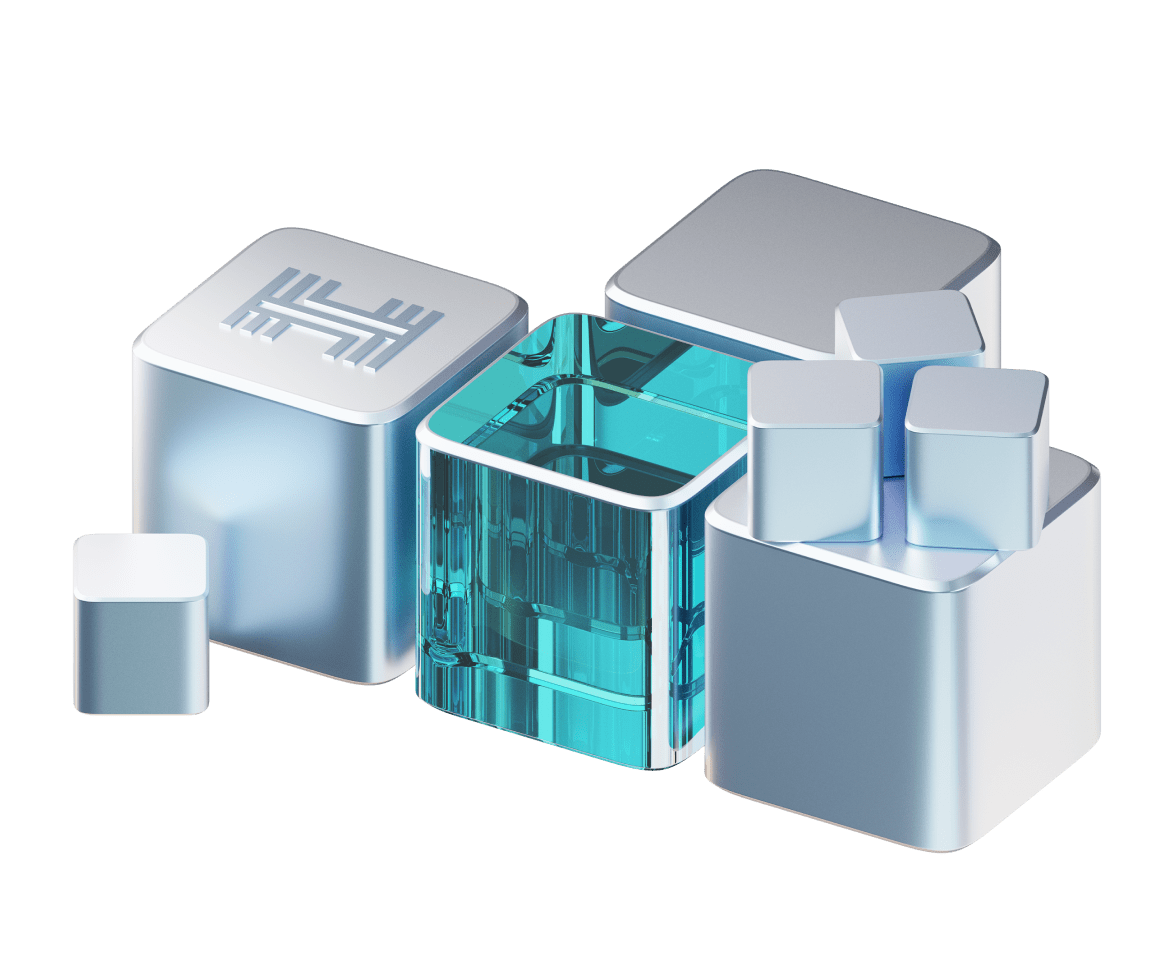
Decentralized Exchanges
DeFi Platforms
NFT Marketplaces
Crypto Wallets
Gaming & Virtual Worlds
... and every app or service component using smart contracts!
When does a project need a smart contract audit?
When preparing for product release
Upon noticing any malicious activities
After introducing major updates
Before important listing
We audit smart contracts on these and other blockchains:
Benefits of smart contract auditing by Hacken

Time-Efficient Process
Audit duration is agreed upon with the customer during the negotiation phase. We start the audit immediately after a client provides us with all required documentation.
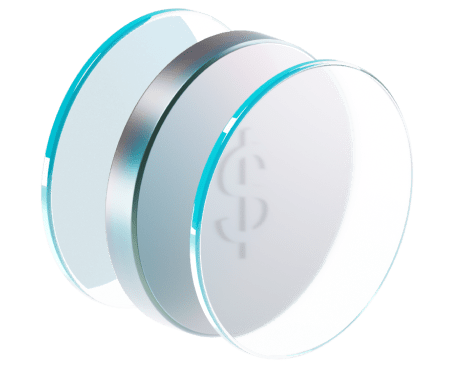
Transparent Pricing
The price of the audit is determined at the stage of negotiations. It is based only on the audit complexity and scope. There are no hidden fees and penalties.

Expertise
Hacken is the European vendor that started auditing projects in 2017 and since then we have developed our own audit quality standards and methodology.
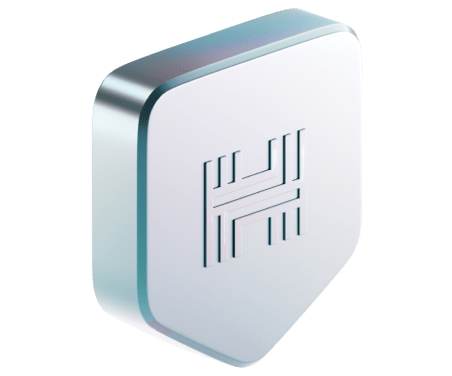
Community trust
Hacken audits are integrated into CoinGecko, CoinMarketCap, and CER.live. Thus, it serves as an indicator of your reliability for users.

Human face
We are real individuals. You can find our team members on LinkedIn/Twitter as well as meet us during industry events.

Quality
Hacken has a <1% incident rate among the audited projects and 0% of scam ventures.
How does it work?

You submit the required documentation and get the estimation of the audit scope, timeline, and price.
3 - 10 days
Get a quote
Audit report
Remediation check
Certification and promotion
The total Smart Contract Audit time takes from 5 to 15 business days.
What will you get after an audit?
Certification
After the audit, you will be able to integrate the badge “Audited by Hacken” into your website.

Hacken audit will be attached to your project’s page on:



What does smart contract audit report include?

Classification of vulnerabilities depending on their severity
Step-by-step recommendations on how to fix all issues
Smart contract scoring according to 4 parameters: documentation quality, code quality, architecture quality, and security.
Clients say

"CoinGecko is excited about working with Hacken for our bug bounty program. We are well aware of the dangers that vulnerabilities may present to our users and this is one way where we take proactive steps together with Hacken to ensure and improve the safety, security, and integrity of our platform."
Booby Ong
Co-founder, CoinGecko
"Hacken’s work to analyze our recent Proof of Reserves update is a great example of the power of community feedback."
Binance
Binance
"We highly recommend Hacken to anyone in need of Web3 security services and a reliable partner for their blockchain initiatives. Their team’s professionalism and expertise in the security space have helped us to secure an ecosystem for our users."
Isha Tyagi
Technical Program Manager
"Hacken has provided mature security audits with a proactive approach, prompt communication and valuable security recommendations. We appreciate our partnership and would recommend collaboration with Hacken to anyone keen to strengthen their code’s resilience."
Aurora
Aurora
"Internal stakeholders are impressed with the work Hacken has completed so far. An organized team, they’ve managed the project well, never letting the six-hour time difference get in the way of productivity. Customers can expect an experienced and professional partner."
Tony Wei
CTO, Gate.io
"Hacken founders inherited quality, professionalism, and integrity from Deloitte, their ex-employer."
Sunny Lu
CEO, Vechain
"Hacken’s meticulous approach to the audit process ensured that our smart contracts were reviewed comprehensively. Their professionalism and dedication were evident throughout the audit."
EBSI
Ebsi
"Hacken has provided highly professional audits with outstanding quality. We are delighted to work with such a well-known and trusted security vendor."
Jason, Seong Ho Lee
DeFi Product Owner, Wemade
"As our security partner, Hacken’s team of experts is a pleasure to work with. Their persistence in making recommendations and solving problems is impressive."
Qevan Guo
Co-founder, IoTeX"Entrusting Hacken with a bug bounty program was the right call for us. They took care of all the routine processes and helped us make our products more secure."
Status
"They've extended their background and clarification on the subject to ensure the project's success."
Ruben Guevara
DevOps Engineer Security Oriented, PAID Network
FAQ
What are smart contracts?
Why do web3 projects rely on smart contracts?
What are smart contract security risks?
What is a smart contract audit?
Why smart contract audit is important?
Can I conduct a smart contract audit myself?
How much does a smart contract audit cost?
What benefits does a company get upon passing a contract audit?
Will I get recommendations on how to address detected issues after an audit?
What is the duration of a smart contract audit?
Do security engineers pay attention only to security vulnerabilities?
Why should I trust Hacken?
Other Web3 security services
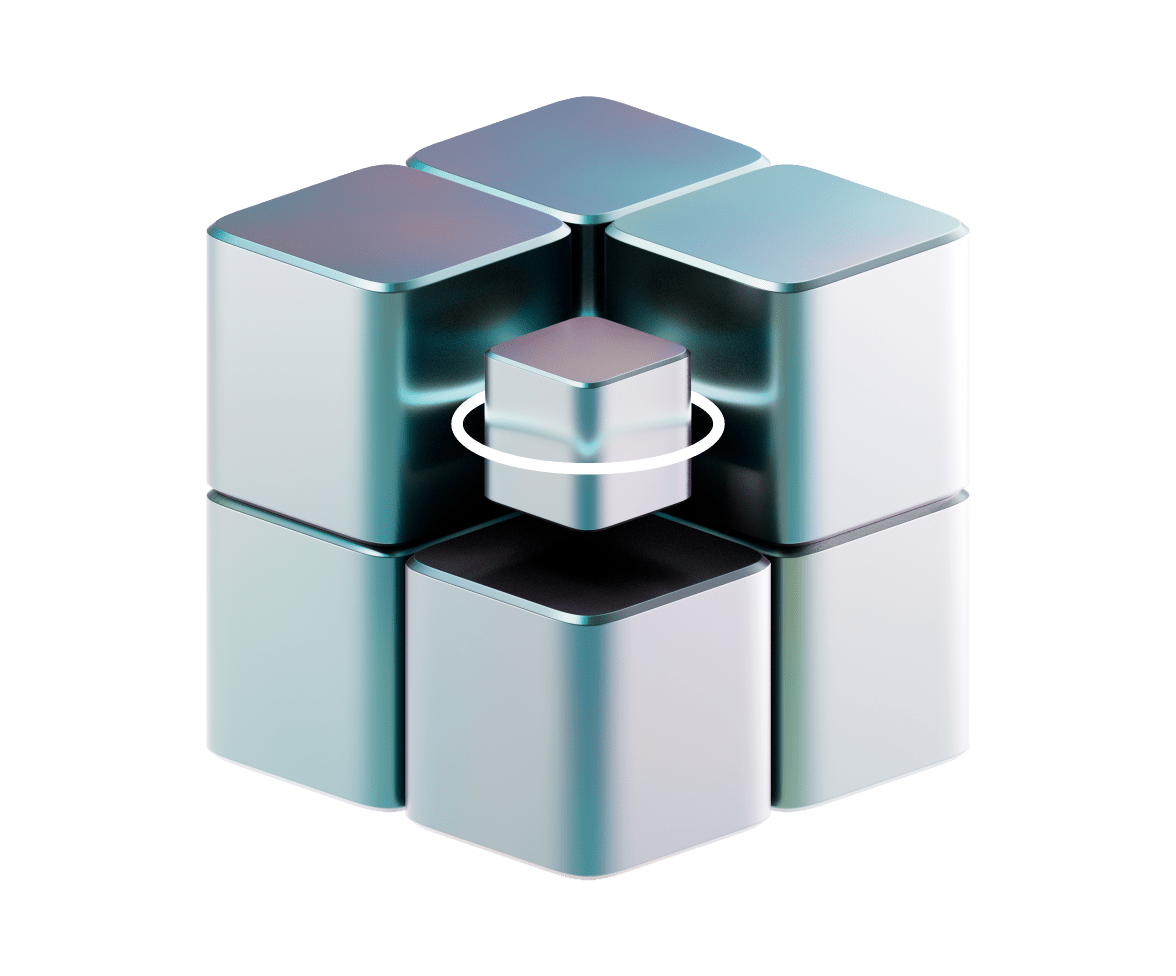
Blockchain
Protocol AuditSecure the entire architecture and implementation layers of your blockchain protocol with professional security audits and testing.
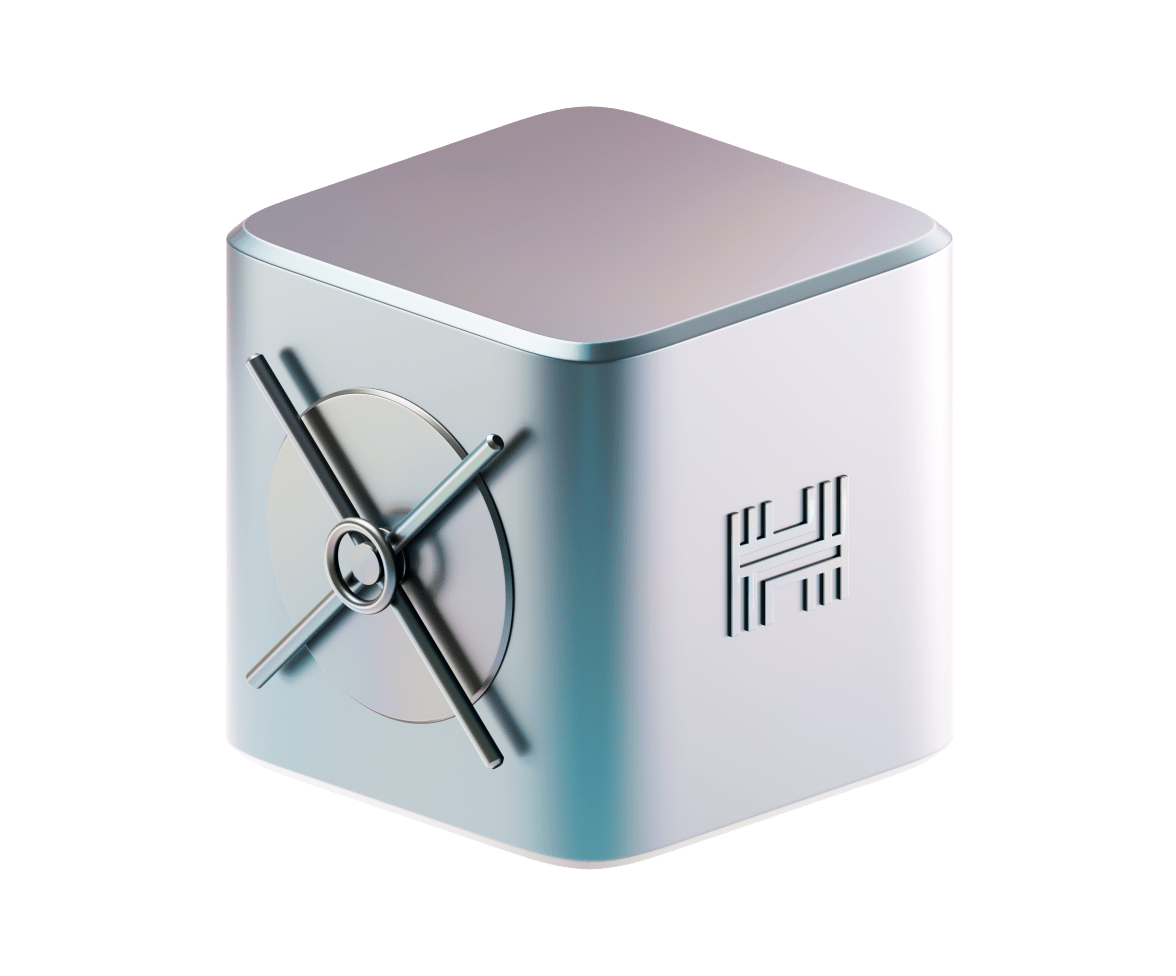
Proof
of ReservesEnhance transparency in crypto exchanges with independent on-chain proof of assets’ true collateralization.

dApp Audit
Identify vulnerabilities in applications interacting with blockchain networks with secure code review and static security analysis.












